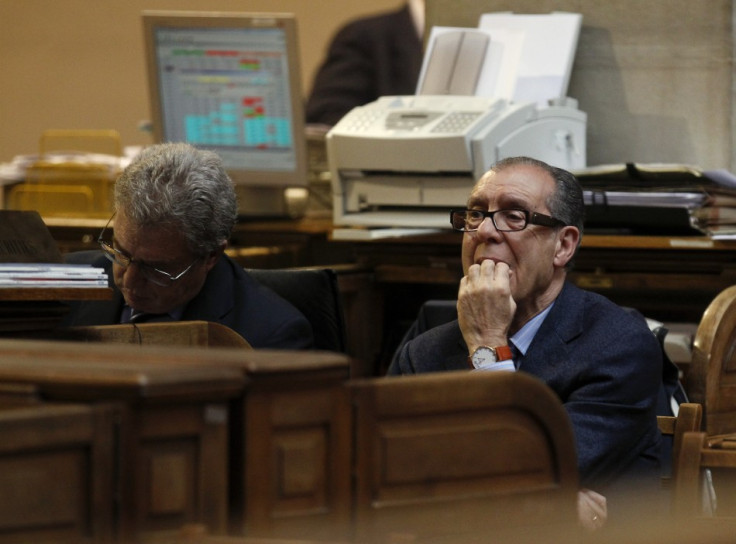Italian Bank Shares Tank on ECB Bond Buying Pleas

Shares in Italy's largest banks, including Unicredit, Intesa SanPaolo and Banca Monte dei Paschi di Siena, have fallen sharply Monday after the head of Italy's banking association and its biggest industry lobbies called on the European Central Bank (ECB) buy bonds.
After Italian banks shares were halted for some of today's trading session, Unicredit, Intesa SanPaolo and Banca Monte dei Paschi di Siena stocks fell by over 10 percent as of 1400 GMT, on investor fears that the banks are finding it difficult to shore up capital.
In a joint letter to European Union officials, the heads of banking association ABI, insurance lobby Ania, employers' lobby Confindustria and other industry groups called for the ECB to act to ensure market liquidity and resume buying bonds on the secondary market.
In line with recent pleas for the Europe to become more unified and to adopt a common regulatory framework, the letter was sent ahead of the Thursday and Friday EU summit to European Council President Herman Van Rompuy and European Commission President Jose Manuel Barroso.
The letter comes just after reports that Italy's third largest bank, Banca Monte dei Paschi di Siena, is trying to sell €1bn worth of bonds to the state by the end of this month in order to plug a capital shortfall that is required to be filled by European Union (EU) regulations.
According to unnamed sources in a Reuters report, the group could be the first Italian bank to resort to state aid, as it is in active talks with the Treasury and the Bank of Italy for a capital fix, in the form of bonds.
The European Banking Authority (EBA) published its formal Recommendation in December last year, and the final figures, related to banks' recapitalisation needs, which revealed that European banks must raise €114.7bn of additional capital buffers by June this year, which is 8 percent more than its initial estimate of €106bn.
The EBA also revealed that a number of Italian banks had a significant shortfall on their balance sheets with Banca Monte dei Paschi di Siena needing €3.267bn by the end of June this year.
Top management at the bank suggested it could issue contingency capital bonds to fill the remaining capital hole, after the EBA findings were released.
© Copyright IBTimes 2024. All rights reserved.






